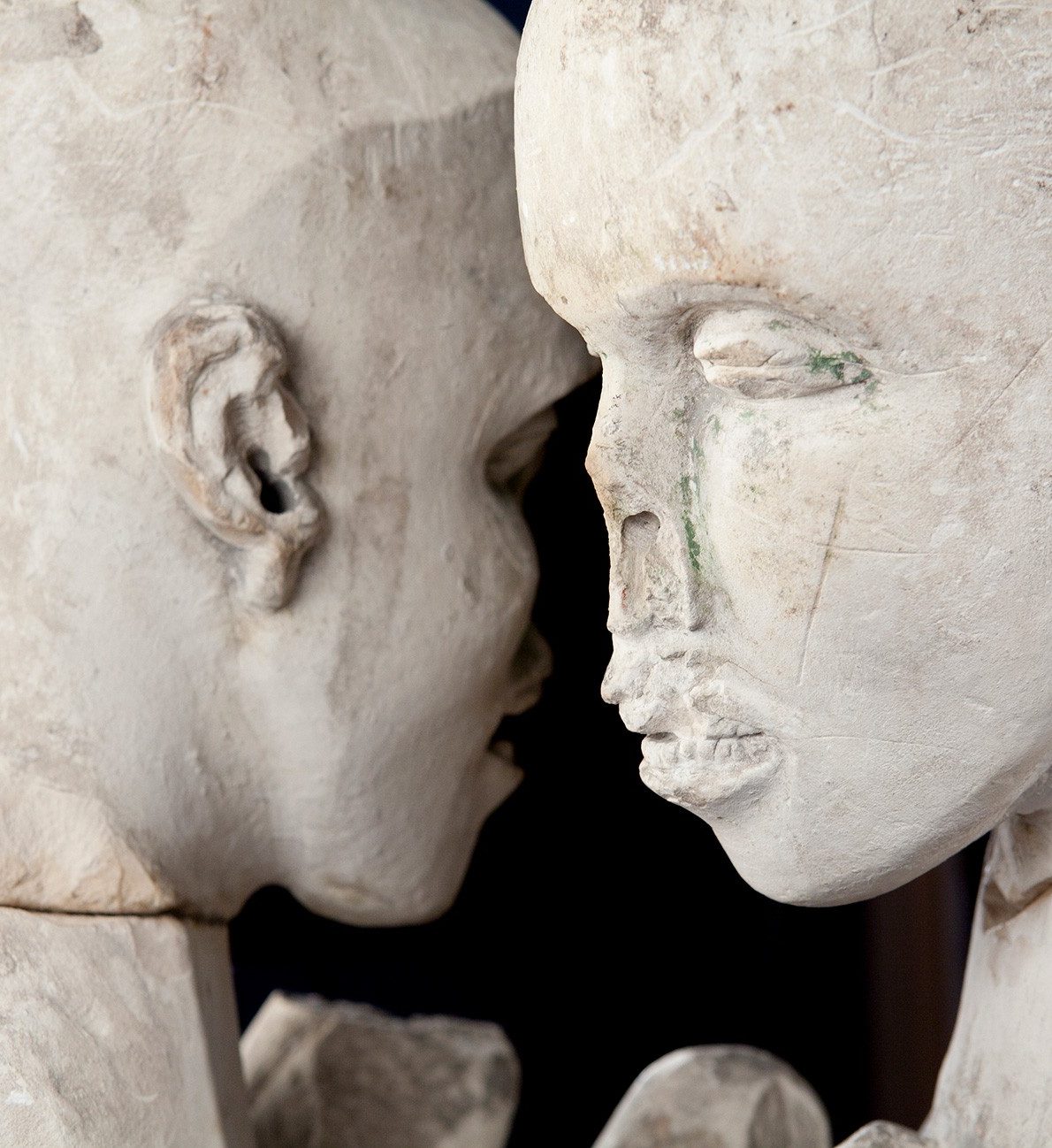
Careers with a classics degree
Studying Classics means immersing yourself in the language, literature, mythology and history of ancient Greece and Rome – civilizations that continue to influence modern politics, philosophy, art and culture.
What can I do with my degree? A degree in Classics prepares you for careers in education, publishing, law, public service and graduate studies.
Skills you'll develop
Your degree builds more than academic knowledge, it shapes the way you think, communicate and collaborate. Throughout your studies, you'll develop key skills for your career, such as:
Functional knowledge:
Connect insights from archaeology, literature, history and philosophy to form a holistic view of ancient civilizations
Communication:
Write clear, well-structured essays that engage critically with complex ideas
Management and organization:
Organize historical and literary data from different periods and sources
Teamwork:
Collaborate with peers to interpret texts or debate historical events
Critical thinking and problem solving:
Assess historical arguments and weigh different interpretations of ancient evidence
As a Concordia student, you will develop valuable skills to bring to any career opportunity.
Beyond the classroom: build your career path
Getting involved outside of the classroom can help you discover your interests, develop new skills and build a network of peers and professionals in your field.
First year
- Take electives to explore areas of interest or a possible minor.
- Get support organizing your busy schedule at the Time Management Clinic.
- Join a club or participate in an extracurricular activity that matches your interests.
- Improve your language fluency in French or English through conversation practice.
- Browse the CAPS online job bank for opportunities to gain work experience.
Middle years
- Connect with Career Counselling & Education Transitions to plan your career path.
- Enrich your global perspective by studying abroad for an academic term or apply for the Concordia Summer in Greece program.
- Volunteer with an organization for a cause you care about.
- Join the community-based internship program to drive meaningful change while building professional skills.
- Get paid work experience and tackle real-world challenges with District 3’s 12-week summer residency program.
Final year
- Explore leadership opportunities in the Concordia Classics Student Association.
- Prepare for professional presentations with FutureBound’s storytelling and public speaking series.
- Explore courses in Classics with an experiential learning component.
- Network with potential employers at recruitment events and career fairs.
Specialize your studies
Minors & elective groups
You can customize your degree by adding a minor or elective group. Popular choices with this program include:
Graduate studies and certifications
Graduate studies can help you specialize in a subject you love, engage in meaningful research or open doors to new career paths. Certifications are a great way to build new skills that complement your degree.
Talk to your professors or a career counsellor at the Student Success Centre to find programs that fit your goals.
Start exploring:
- Universitystudy.ca: A data base of graduate programs in Canada
- Concordia’s School of Graduate Studies: Graduate programs offered at Concordia
- Graduate funding and awards: Scholarships and awards, research and teaching assistantships, and other financial supports for Concordia graduate students
- Concordia Continuing Education: Courses, workshops and programs to advance your career
Career resources
Professional organizations
Explore opportunities and expand your network.
Career counselling & advising
Want tailored career advice? Book an appointment with one of our career counsellors or career advisors.
Start your job search
Career Advising and Professional Success (CAPS) can help you find opportunities and support you with networking, applications and interviews.

